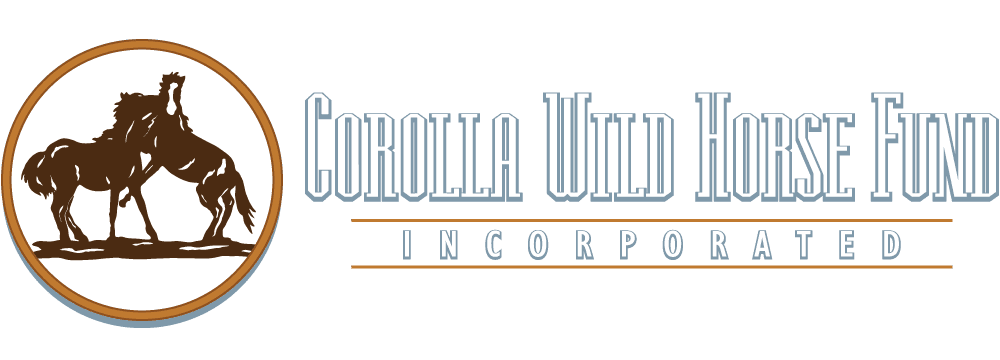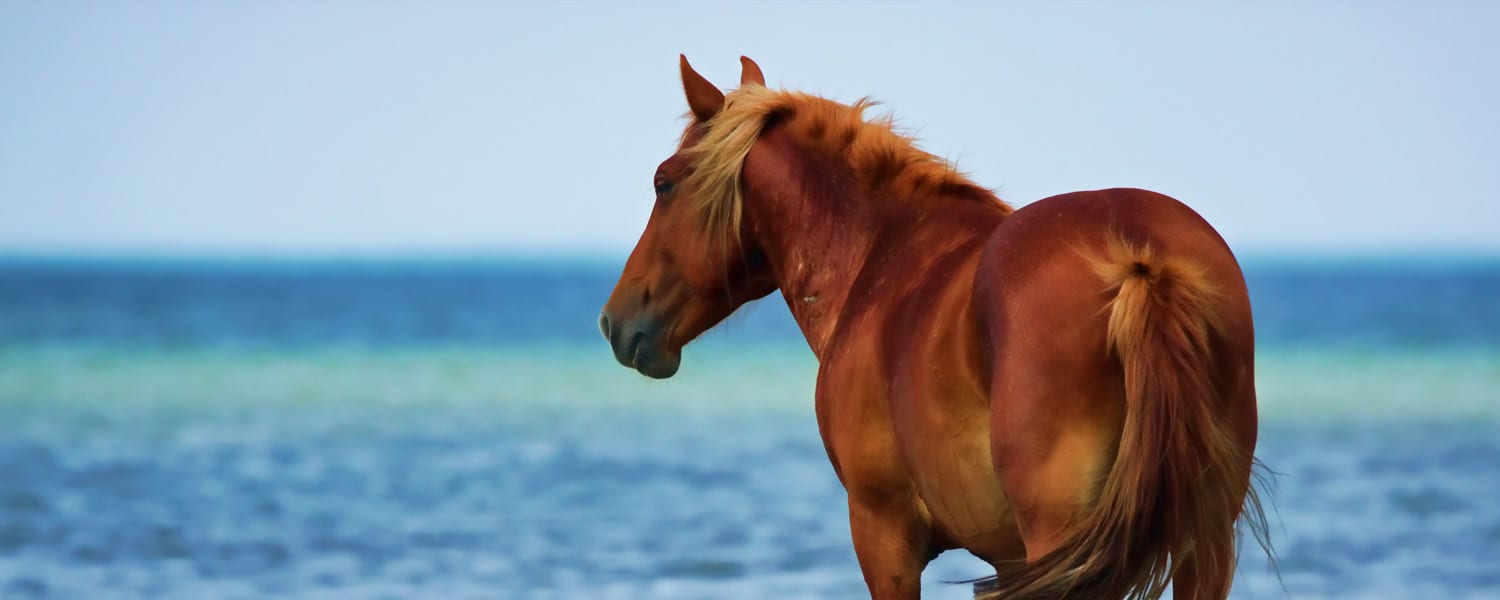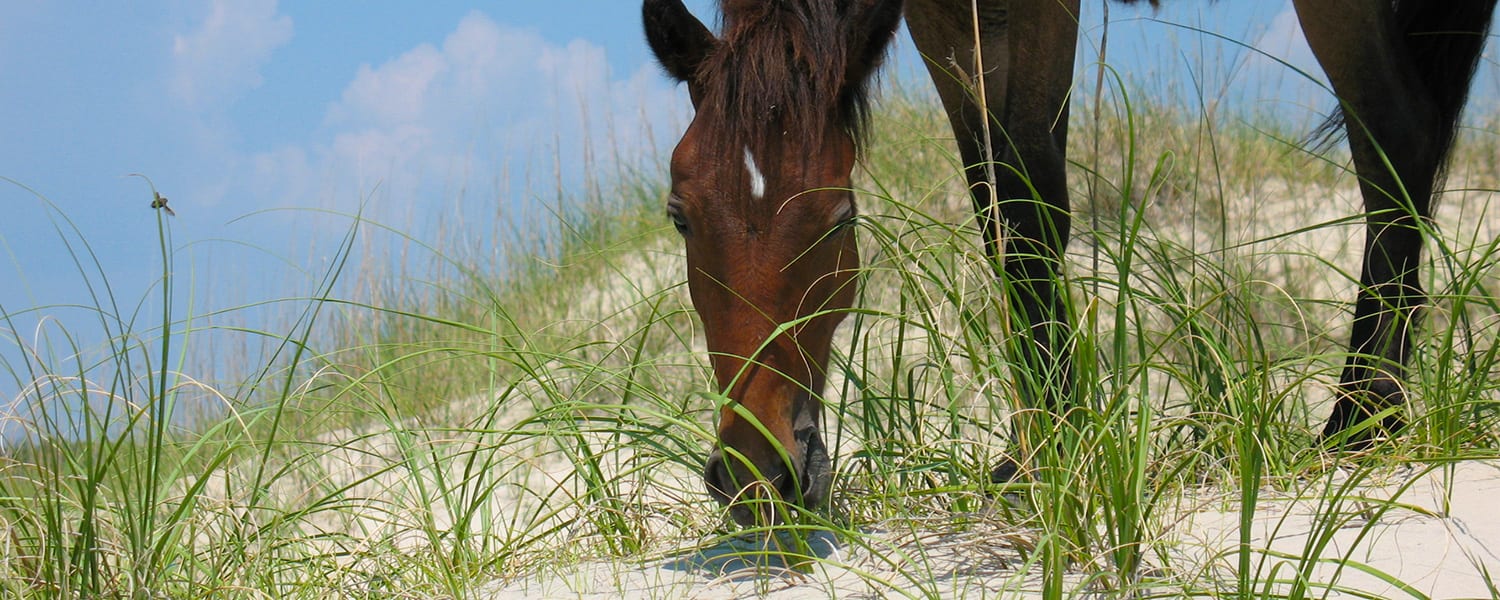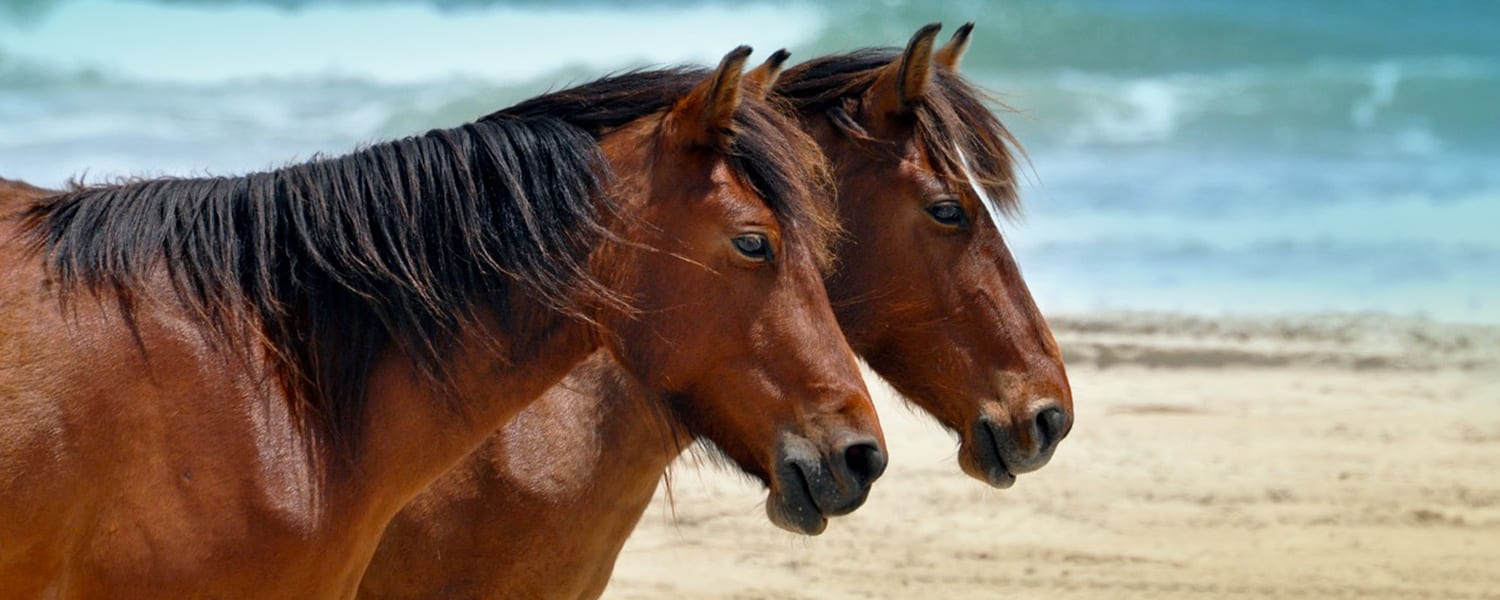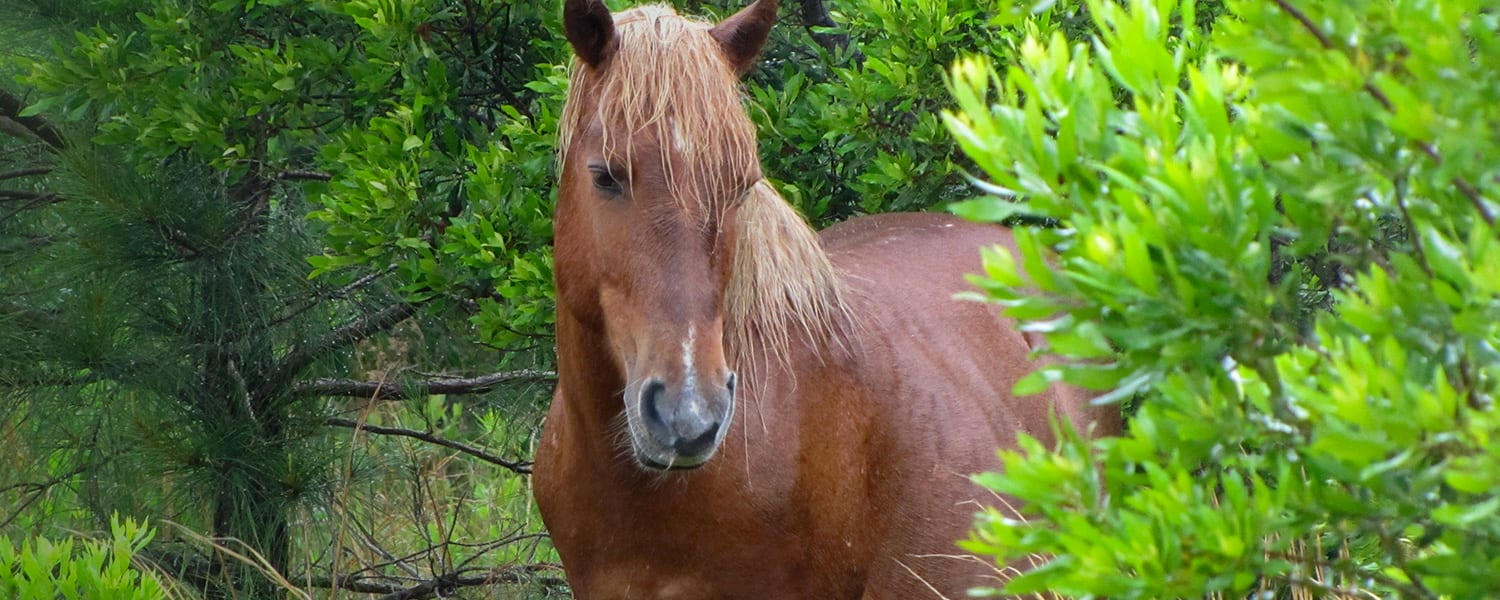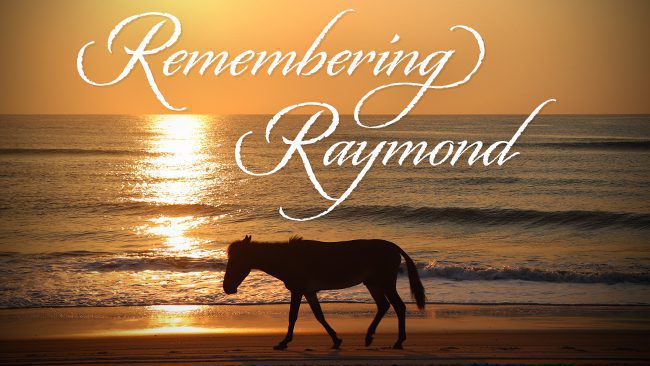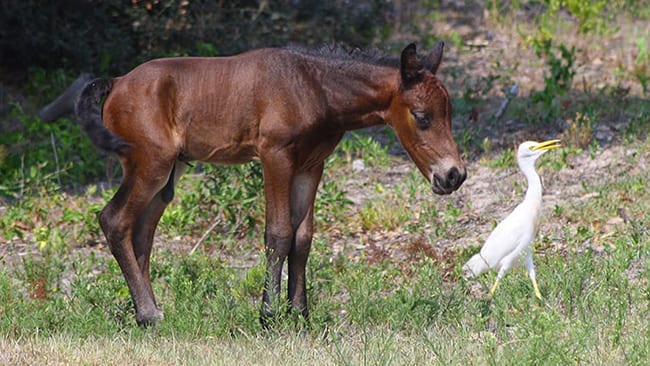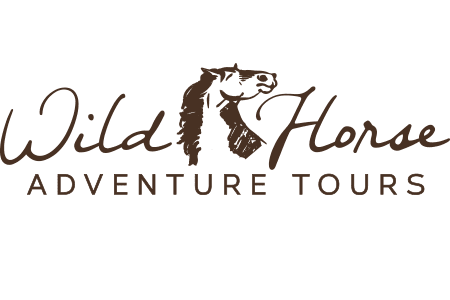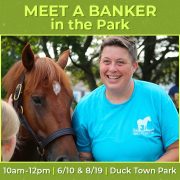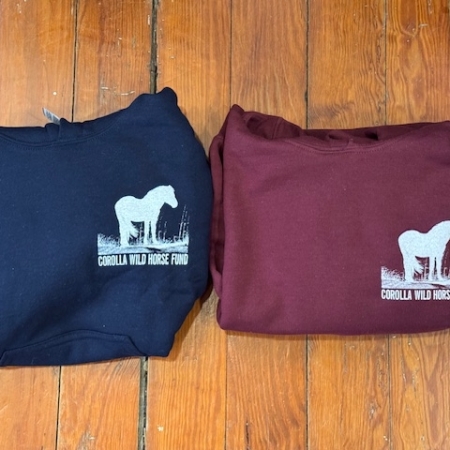 https://www.corollawildhorses.com/wp-content/uploads/2024/12/IMG_5618-rotated-e1733519013260.jpg
480
640
CWHFstoreGM
https://www.corollawildhorses.com/wp-content/uploads/2024/01/CWHF-logo-2x.png
CWHFstoreGM2024-08-29 11:28:272025-04-11 09:56:01Youth Hoodie Sweatshirt – Mustang on Dune in 2 colors
https://www.corollawildhorses.com/wp-content/uploads/2024/12/IMG_5618-rotated-e1733519013260.jpg
480
640
CWHFstoreGM
https://www.corollawildhorses.com/wp-content/uploads/2024/01/CWHF-logo-2x.png
CWHFstoreGM2024-08-29 11:28:272025-04-11 09:56:01Youth Hoodie Sweatshirt – Mustang on Dune in 2 colorsOUR MISSION
To protect, conserve, and responsibly manage the herd of Corolla wild horses (Bankers) roaming freely on the northernmost Currituck Outer Banks, and to promote the continued preservation of this land as a permanent sanctuary for horses designated as the State Horse and defined as a cultural treasure by the state of North Carolina.
TAMING THE COROLLA HERD’S HISTORY WITH DNA TRACING
 https://www.corollawildhorses.com/wp-content/uploads/2024/12/IMG_5618-rotated-e1733519013260.jpg
480
640
CWHFstoreGM
https://www.corollawildhorses.com/wp-content/uploads/2024/01/CWHF-logo-2x.png
CWHFstoreGM2024-08-29 11:28:272025-04-11 09:56:01Youth Hoodie Sweatshirt – Mustang on Dune in 2 colors
https://www.corollawildhorses.com/wp-content/uploads/2024/12/IMG_5618-rotated-e1733519013260.jpg
480
640
CWHFstoreGM
https://www.corollawildhorses.com/wp-content/uploads/2024/01/CWHF-logo-2x.png
CWHFstoreGM2024-08-29 11:28:272025-04-11 09:56:01Youth Hoodie Sweatshirt – Mustang on Dune in 2 colors https://www.corollawildhorses.com/wp-content/uploads/2024/06/IMG_8669.jpg
607
607
CWHFstoreGM
https://www.corollawildhorses.com/wp-content/uploads/2024/01/CWHF-logo-2x.png
CWHFstoreGM2024-06-13 15:41:262025-04-19 20:47:58The Official 2025 Corolla Wild Horse Fund Calendar
https://www.corollawildhorses.com/wp-content/uploads/2024/06/IMG_8669.jpg
607
607
CWHFstoreGM
https://www.corollawildhorses.com/wp-content/uploads/2024/01/CWHF-logo-2x.png
CWHFstoreGM2024-06-13 15:41:262025-04-19 20:47:58The Official 2025 Corolla Wild Horse Fund Calendar https://www.corollawildhorses.com/wp-content/uploads/2024/06/CWHFKoozieWhite.jpg
607
455
CWHFstoreGM
https://www.corollawildhorses.com/wp-content/uploads/2024/01/CWHF-logo-2x.png
CWHFstoreGM2024-06-11 15:33:072025-04-17 05:44:36Koozie – Corolla Wild Horse Fund Logo
https://www.corollawildhorses.com/wp-content/uploads/2024/06/CWHFKoozieWhite.jpg
607
455
CWHFstoreGM
https://www.corollawildhorses.com/wp-content/uploads/2024/01/CWHF-logo-2x.png
CWHFstoreGM2024-06-11 15:33:072025-04-17 05:44:36Koozie – Corolla Wild Horse Fund Logo https://www.corollawildhorses.com/wp-content/uploads/2024/06/bttwtowel-scaled-e1717525327542.jpg
2107
1706
CWHFstoreGM
https://www.corollawildhorses.com/wp-content/uploads/2024/01/CWHF-logo-2x.png
CWHFstoreGM2024-06-04 14:10:092025-04-03 15:48:02Beach Towel – Butts to the Wind
https://www.corollawildhorses.com/wp-content/uploads/2024/06/bttwtowel-scaled-e1717525327542.jpg
2107
1706
CWHFstoreGM
https://www.corollawildhorses.com/wp-content/uploads/2024/01/CWHF-logo-2x.png
CWHFstoreGM2024-06-04 14:10:092025-04-03 15:48:02Beach Towel – Butts to the Wind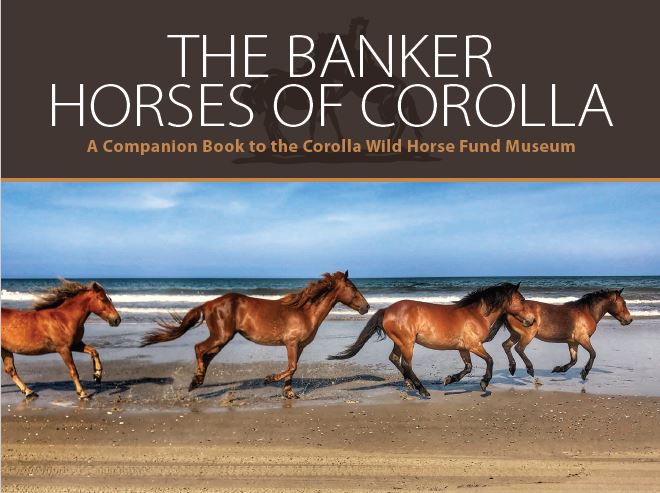 https://www.corollawildhorses.com/wp-content/uploads/2023/08/Museum-Companion-Book-cover-jpg.jpg
493
660
https://www.corollawildhorses.com/wp-content/uploads/2024/01/CWHF-logo-2x.png
2023-12-10 11:35:492025-04-17 05:44:36The Banker Horses of Corolla (CWHF Museum companion book)
https://www.corollawildhorses.com/wp-content/uploads/2023/08/Museum-Companion-Book-cover-jpg.jpg
493
660
https://www.corollawildhorses.com/wp-content/uploads/2024/01/CWHF-logo-2x.png
2023-12-10 11:35:492025-04-17 05:44:36The Banker Horses of Corolla (CWHF Museum companion book) https://www.corollawildhorses.com/wp-content/uploads/2021/08/The-Secret-of-Corolla-product-5laurels.jpg
600
600
Joe
https://www.corollawildhorses.com/wp-content/uploads/2024/01/CWHF-logo-2x.png
Joe2021-08-27 12:25:522025-03-19 18:53:25Download – The Secret of Corolla
https://www.corollawildhorses.com/wp-content/uploads/2021/08/The-Secret-of-Corolla-product-5laurels.jpg
600
600
Joe
https://www.corollawildhorses.com/wp-content/uploads/2024/01/CWHF-logo-2x.png
Joe2021-08-27 12:25:522025-03-19 18:53:25Download – The Secret of CorollaCWHF Community Cares Partner is how we acknowledge, highlight, and thank local businesses and individuals who embrace the CWHF, our mission and support us diligently. These partnerships are vital to our cause. Together we create shared visions and projects benefiting the horses. We offer goodwill and support to each other while working together to keep our beloved Banker mustangs wild and free.

Introducing Folly

Riptide Goes to Raleigh!

Announcing the first foal of 2025
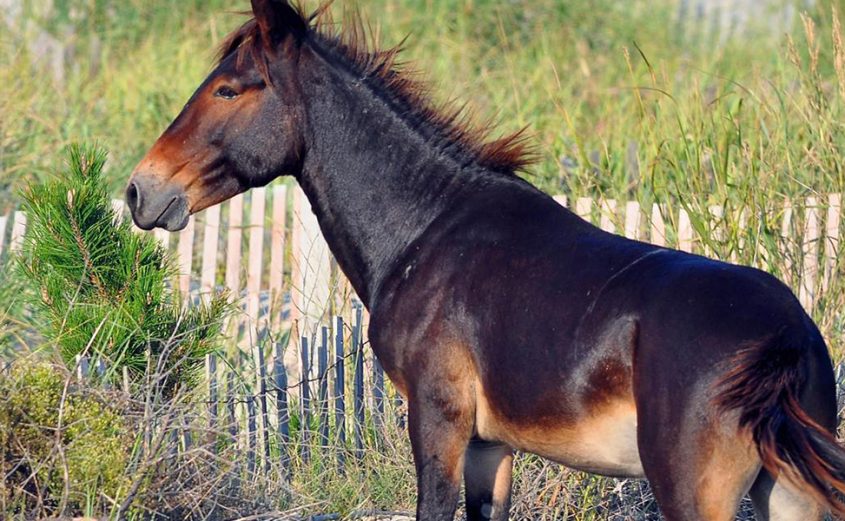
Remembering Raymond
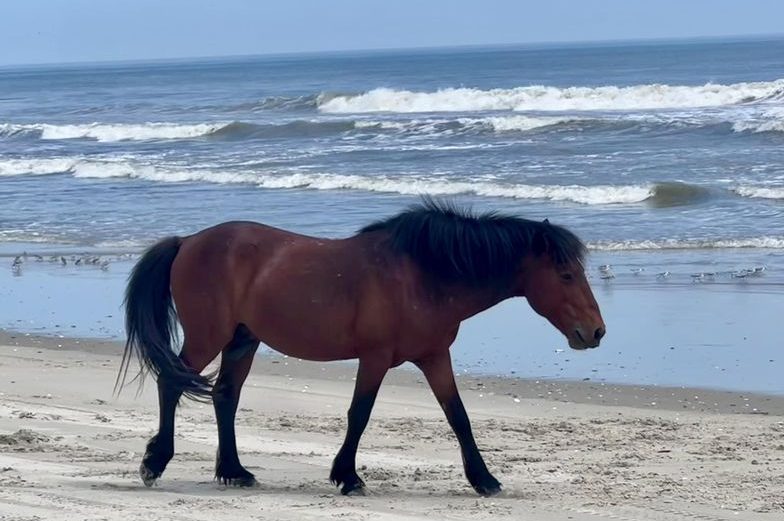
Fatal Wild Horse Incident
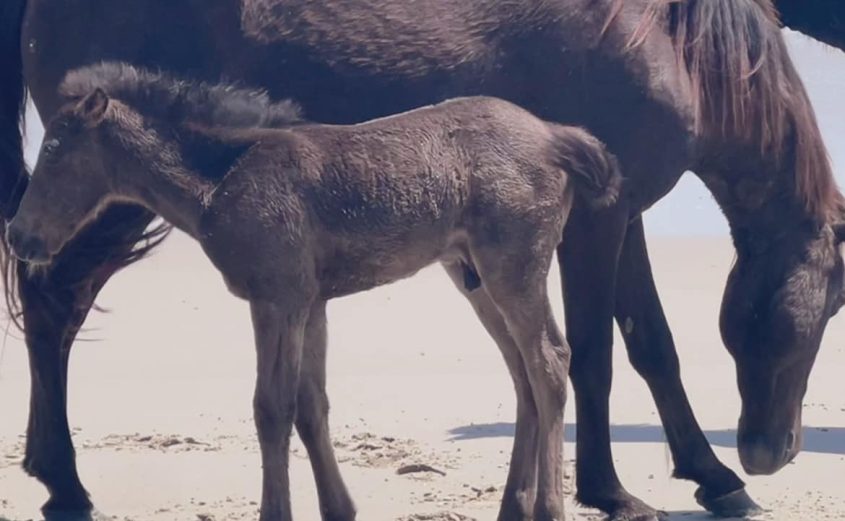
Elvis has arrived!
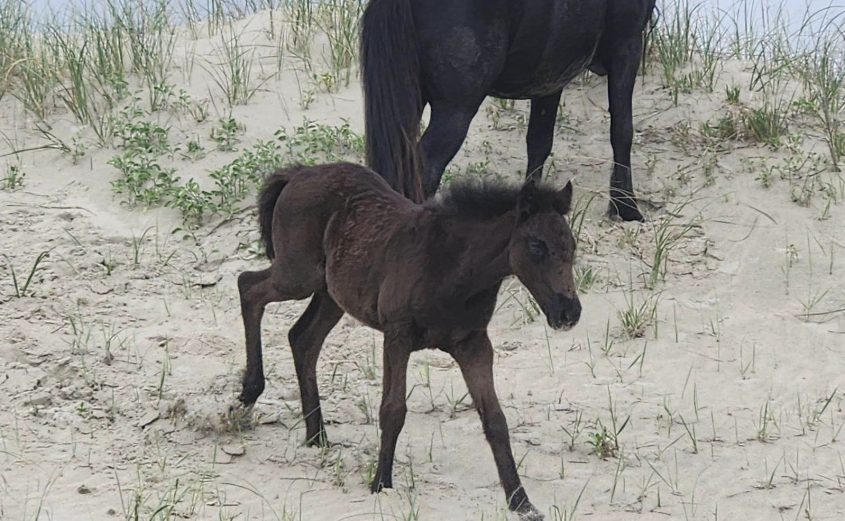
It’s a Girl!
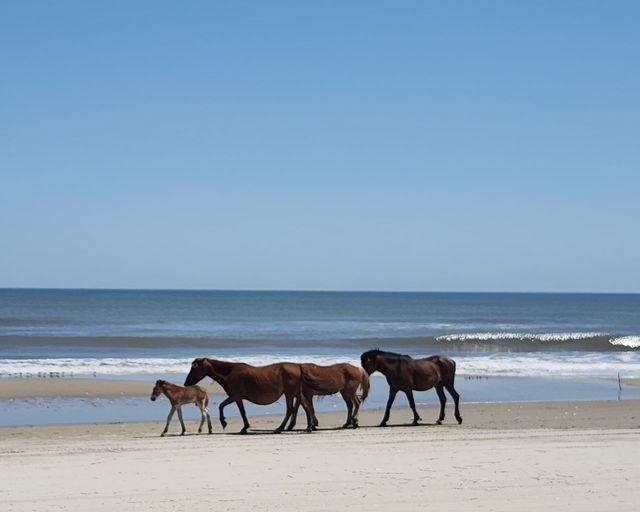
Hello, Ezra!
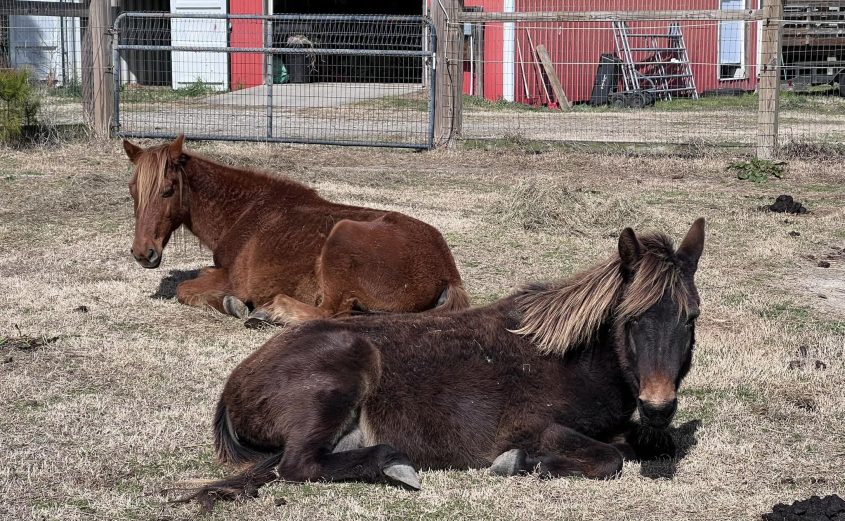
Raymond has a companion, again.
Facebook Feed
Spring open house at the farm is TOMORROW! We’re so excited to get things rolling for the season and hope you can make it to Grandy to meet all of the rescued Banker horses in our care.
Our gift shop will be open, we’ll be screening the documentary The Secret of Corolla followed by a Q&A, authors Jeff Hampton and Bonita Bertovich will be here signing books, and Middleton Clay Project will be here with their horsehair pottery.
More info below 👇🏻
... See MoreSee Less
This content isn't available right now
When this happens, it's usually because the owner only shared it with a small group of people, changed who can see it or it's been deleted.- likes love 49
- Shares: 0
- Comments: 4
4 CommentsComment on Facebook
If you’ve ever gotten tangled up in greenbrier you know why it’s referred to as nature’s barbed wire - the long vines are covered in sharp thorns and it can grow very dense and become impenetrable to larger animals (including humans!). This native plant provides food and shelter to a variety of animals, including the wild horses. You’d think that the thorns would deter the horses from eating greenbrier, but they can often be found browsing on it like this mare was earlier in the week. Another name for it is horsebrier because of how difficult it is for horses to get through it, but the Bankers may be the one exception to that rule! ... See MoreSee Less

13 CommentsComment on Facebook
A note from our CEO Chris Winter as we kick off our Spring Fundraiser:
Spring on the Outer Banks. What an exceptional time – filled with hope and renewal. It is during this season that we see foals appearing out of the marshes, taking their first steps as heirs to the extraordinary history of the wild Banker horses. That history is what gets renewed each and every spring here on the beaches in Corolla. We are all privileged to share in this annual ritual, and we stand determined to ensure that future generations have this same opportunity.
With this in mind, today we kick off our Annual Spring Fundraiser. It is my hope that you will join us through the end of May on a special journey with the Corolla Wild Horse Fund.
Our journey is going to start up on the beach, where foals are now making themselves known. We are going to share with you how we manage and protect the wild herd. We are going to soar above the crashing waves and wind-swept marshes to give you our vision for preserving the natural habitat of the horses for decades to come.
Our journey will then take us to the Betsy Dowdy Equine Center in Grandy (the farm) where those horses that have been removed from the wild live and thrive in a very special sanctuary. While at the farm, you will get an up-close look at how we fulfill our mission through daily farm life, equine research and so much more.
As we close the Spring Fundraiser, you will travel into the heart of the Corolla Wild Horse Fund. Once there, we will take you on a tour of the many ways that you can engage with us and impact the work of the Fund today and on into the future. You will see clearly how your financial support makes all of this happen.
The best news is that you can make this entire journey with us from the comfort of your own home; there are no bags to pack. By following us on Facebook and Instagram, and receiving our email, you have punched your ticket to take this spring-time trip to the Northern Outer Banks. From today through the end of May, you get the front-row seat!
Kickstart the journey with a gift today: www.corollawildhorses.com/support-corolla-wild-horse-fund/
In gratitude,
Chris Winter
Chief Executive Officer
... See MoreSee Less

4 CommentsComment on Facebook
Happy Earth Day from the most beautiful, most special place on the planet (if we do say so ourselves)!
The Banker horses are intrinsically tied to this land; without it, they would not exist. Open spaces, clean water, and safety from human encroachment are the keys to keeping the horses wild and free here for many generations to come.
Learn about what we’re doing to protect and preserve their habitat and see how you can get involved: www.corollawildhorses.com/habitat-preservation-initiative/
... See MoreSee Less


 +5
+5
57 CommentsComment on Facebook
The Corolla Wild Horse Fund is accepting applications for part-time Museum Greeters and Retail Associates in the Historic Corolla Village.
For more information and to apply, please visit www.corollawildhorses.com/jobs/ or email Chris Winter at chris@corollawildhorses.com.
... See MoreSee Less

6 CommentsComment on Facebook
The horses are beginning to venture out of the marsh as the weather warms up and it’s great to see some familiar faces after a long winter. We’d been keeping an eye out for this older stallion and were very pleased to see him on the beach this week and looking pretty darn good!
If you’re visiting the off-road area for Spring Break please be sure to read up on the rules and regulations before hitting the sand. Air down your tires and take it slow to help protect the fragile beach and sand roads. And remember you must stay 50ft away from the horses at all times. Spring is foaling and breeding season, and that means stallions are hyper-alert and very territorial. Admire them from a distance!
More information on driving and parking on the 4x4: currituckcountync.gov/beach-parking/
Currituck County wild horse ordinance: www.corollawildhorses.com/wp-content/uploads/2012/08/wild-horse-ordinance.pdf
www.corollawildhorses.org
... See MoreSee Less

89 CommentsComment on Facebook
Our spring open house at the farm is right around the corner and everyone is getting ready! Blossom had a spa day and lost enough winter hair to build a whole new horse! 😂😜
You can meet Blossom and the rest of the rescued Banker horses in our care on Saturday, April 26 when we kick off the 2025 season. More info: Spring Open House at the Farm
... See MoreSee Less

22 CommentsComment on Facebook
It is a dreary day here in northeastern North Carolina so we figured we’d brighten things up a little by announcing the birth of a second wild Banker foal! This filly was born on April 1 and both she and her dam are doing great. Her name is Folly.
We have been closely monitoring Folly and her dam for the last 10 days. Our vet has been consulted to make sure all seems well and we have already started a file for her in our records so that we can upload photos to keep track of her growth and development. But we try to give every foal at least a week if not longer before making any announcements about them so that they have time to bond with their families and become a little less fragile before being in the public spotlight.
This is especially important for the foals born early in the spring - winter can be taxing on the horses in general, and it can be especially difficult for a mare who was heavily pregnant during the coldest time of the year, goes through the physical trauma of giving birth, and then has to sustain a growing foal before all of the spring and summer vegetation has fully grown in. Foals can consume up to 25% of their body weight in milk every day and gain between 1-3 pounds daily. That’s a lot of calories they need from their mom! We don’t want to make it any harder on them by attracting too much attention in the first few days of the foal's life.
Thank you for respecting the horses’ space if you are lucky enough to catch a glimpse of these newest additions. It’s an exciting time of year on the northern beaches but please also remember that mares and foals are especially vulnerable and need to be given lots of room right now.
www.corollawildhorses.org
***Media has permission to share photos and information contained in this post, credit to Corolla Wild Horse Fund
... See MoreSee Less


 +1
+1
207 CommentsComment on Facebook
Middleton Clay Project has a really beautiful, functional new piece of pottery available just in time for Mother’s Day - a ring holder infused with Valentine’s hair. Each piece is handmade and one-of-a-kind.
www.middletonclayproject.com/product/valentine-ring-holder/656?cs=true
As an added bonus, Mike will enter everyone who purchases one of these between now and May 4th into a drawing to win a pot similar to the one pictured, infused with Valentine’s hair, and an original piece of artwork painted by Valentine herself.
The perfect gift for the boss mare in your life! 🌸
... See MoreSee Less


 +1
+1
2 CommentsComment on Facebook
Yesterday was a historic day for the Corolla Bankers!
The Corolla Wild Horse Fund was invited by the North Carolina General Assembly, on behalf of Senator Bobby Hanig and Representative Ed Goodwin, to visit the state capitol in Raleigh to raise awareness about the Corolla Bankers and the work we are doing to preserve their wild habitat and promote conservation of this endangered breed. Riptide, who was formerly wild but rescued as a yearling due to a life-threatening infection, came along to serve as an ambassador for his breed and show representatives from across the state how very special these horses are.
This is the first time our state horse has set hoof on the grounds of the capitol!
We’d like to extend our sincere gratitude to Senator Hanig and Representative Goodwin for their recognition and support, and we are looking forward to continuing working together to advocate for these horses at the state level.
Good boy, Riptide. We are so proud of you.
www.corollawildhorses.org
... See MoreSee Less


 +1
+1
87 CommentsComment on Facebook
This post is from three years ago but it is still very much relevant today - a look at the horses' diverse habitat and some of the challenges it presents when it comes to herd management.
(Brio's mother was eventually found deceased, and while we were unable to determine an exact cause of death we have no reason to believe it was anything beyond natural causes. Brio has grown up into a beautiful, smart, friendly young horse, and will be four years old this July.)
... See MoreSee Less
34 CommentsComment on Facebook
The pollen has been bad this week, to say the least! Don’t worry, Squirt wiped his nose off on my shirt right after I took this photo. 🤧😉 ... See MoreSee Less

38 CommentsComment on Facebook
Herd management does not happen in a vacuum. While CWHF is recognized as the caretaker of the herd and has authorization to manage as we see fit on a day-to-day basis, we operate under the guidance and cooperation of Currituck County, the North Carolina National Estuarine Research Reserve, and the United States Fish and Wildlife Service. A management plan, signed by all of these entities, contains protocols for all aspects of herd management, from habitat preservation to the care of horses at our rescue farm.
Goal 1 of the Wild Horse Management Agreement is to “protect the habitat, long term health, and genetic stability of the horses.” Action 1E of the plan calls for CWHF to “develop a protocol for monitoring of the genetics and conduct monitoring,” Action 1F is to “establish a lineage for the herd,” and Action 1G directs us to “provide an annual report of lineage and genetics to the advisory board.”
For 30 years representatives of CWHF have collected DNA from the wild horses whenever possible as resources and technology have allowed. In recent years we’ve been able to ramp up these efforts and to date we have close to 200 DNA samples on file, including members of the current wild herd, horses removed from the herd and living in captivity, and horses that are now deceased.
Out of these 200 samples, we have been able to verify parentage on about ⅓ of them so far. We are still working on collecting samples from all the living members of the wild herd. In order to verify parentage we have to identify all possible matches for both dam and sire, and then the geneticists we work with will take that information and verify the pair that produced the offspring. It’s like putting together a very big puzzle where the pieces are always changing, and the more DNA we collect the broader the scope of the project becomes.
One thing we have learned over the years is to never assume anything. There is absolutely no way to tell who a horse’s sire is without DNA, even if the stallion and mare have been together for years and years. You’d think that identifying mothers would be a little easier, but that’s not always the case. We posted a story a couple months ago about how sometimes looking at old photos isn’t even a sure bet - sometimes foals will nurse from other mares in the harem that aren’t their mothers.
Recently, we’ve discovered that this is also the case even if we’ve seen a mare nurse, raise, and wean a foal with our own eyes.
⭐️
North Star was born in 2016 and was first seen at the end of April when she was about a month old. She was nursing off Virginia Dare and both were behaving completely normal - clearly bonded to each other as a mother and foal should be. We spent that summer watching North Star grow into a lovely young horse under the watchful eye of her mom. The following year Virginia Dare gave birth to Mateo, and North Star was weaned. Shortly thereafter, Virginia Dare, Lucky Duck, Mateo, Ocean Pearl, Bonita, and Kitty Hawk were removed from the wild after habitually circumventing the fence at the Virginia state line and going into False Cape State Park and Back Bay National Wildlife Refuge. North Star had moved on to a different harem by that point and luckily did not end up taken out of the wild too.
For the last nine years, we never questioned who North Star’s dam was. We spent a year watching Virginia raise her and had no reason to believe that she wasn’t North Star’s mother. But after processing North Star’s DNA a couple weeks ago we were left scratching our heads because according to what we were seeing, Virginia was not North Star’s biological dam. This was impossible to believe…or was it?
We took a step back and started going through our records and photographs to try and piece together exactly who else had been with Virginia Dare back in 2016 to narrow down other possibilities. Lucky Duck had been with the pair for that whole first summer, so we thought there was a good possibility that he could be North Star’s sire. We also knew that Ocean Pearl and Virginia Dare matched up as daughter/mother, though that hasn’t been verified because we’ve yet to identify Pearl’s sire. But it was a place to start, and lo and behold after comparing DNA of all the horses we knew to have been in the area at the time we discovered that Ocean Pearl and Lucky Duck were North Star’s parents.
So how did Virginia Dare end up raising Ocean Pearl’s daughter? Our best guess is that because Pearl was probably three at this time there is a good chance that Virginia was still producing milk when North Star was born. We know that Virginia Dare has very strong maternal instincts - she readily accepted orphaned foal Chris shortly after we brought him to our farm in 2018, she loved interacting with Brio when he was a foal and always made “mama noises” at him, and she even acts maternal towards puppies and human kids too. (But if you’re an adult she doesn’t know and you cross a line with her she will not hesitate to take a chunk out of you. She is a boss mare through and through!) Knowing that about her makes it easy to believe that she would step in and take over foal raising duties even if there wasn’t anything wrong with either Pearl or North Star.
Now, almost a decade later, North Star is still alive and well in the wild and is producing foals of her own. She is one of the best broodmares in the herd right now. Virginia Dare is a permanent resident of our farm, and Ocean Pearl and Lucky Duck have both been adopted out to wonderful families where they are dearly loved and well cared for.
Virginia Dare and North Star’s story will probably become one of the milestone moments of our DNA project. Mares steal foals - that’s been documented in other wild herds and with domestic horses too. But it’s not common, very often the foal does not survive, and we definitely didn’t expect it from a group of horses that we are so familiar with and have watched grow up. It’s very humbling, and a great reminder to never take nature or these horses for granted. Herd dynamics are very complicated and ever-changing, and in the end only science can tell us the truth. There have been a couple other horses over the years that we’ve wondered about, but it seemed so far-fetched we really didn’t put too much consideration into it. Our minds are certainly more open to the possibility now, though! Eventually the DNA will tell us the whole story.
The more we know about the genetic makeup of this herd, their ancestry, and dynamics in general, the better equipped we are to practice responsible breed conservation and herd management. It’s also a very important part of the cultural history of the Banker horses here on the northern beaches, and preserving that history not only benefits the horses and future herd managers, but our community at large.
These horses sure do teach us something new every single day!
Learn more about CWHF and how you can support this important work: www.corollawildhorses.org
... See MoreSee Less


 +3
+3
61 CommentsComment on Facebook
Our Community Cares Partner program is our way of acknowledging, highlighting, and thanking local businesses and individuals who support the Corolla Wild Horse Fund and our mission. These partnerships are essential to our cause, enabling us to create shared projects that benefit the horses. Together, we provide goodwill and support to one another while working to keep our beloved Banker horses wild and free.
Thank you to our current partners! When the community comes together and partnerships are formed, everyone wins—especially the horses.
Learn more at: www.corollawildhorses.com/community-cares/
... See MoreSee Less
4 CommentsComment on Facebook
... See MoreSee Less
This content isn't available right now
When this happens, it's usually because the owner only shared it with a small group of people, changed who can see it or it's been deleted.0 CommentsComment on Facebook
When our staff are observing the horses every day they record data like weather conditions, locations, and behavior. Out of the approximately 7000 entries we have on record so far, eating (80%) is in the #1 spot, followed by resting, and then traveling rounds out the top three most commonly observed behaviors. Drinking and pooping are the next two on the list. If you know horses…sounds about right! This data helps us better understand how the wild horses spend their time and utilize their environment, which in turn can help us make well-informed decisions about herd management and habitat preservation.
www.corollawildhorses.org
*All photos taken within the last week.
... See MoreSee Less


 +3
+3
71 CommentsComment on Facebook
Earlier this morning some photos of one of the wild horses, a stallion named Topnotch, were posted on Facebook and those photos have understandably generated some concern. We want to provide some background on Topnotch and explain how we make management decisions in cases like his.
Topnotch is an old stallion - in his late 20s if not his early 30s, and this winter was very hard on him. It was very cold, we had two significant snow storms, and horses burn a lot of calories trying to stay warm. Even when he was younger and in better shape Topnotch always lost a bit of weight over the winter. This year his body condition is certainly worse, but not surprising considering his history, his age, and the weather. We have been closely monitoring Topnotch for the last couple months and despite his poor body condition he has been behaving normally. He is moving around his territory like normal, he’s eating and drinking, has no trouble chewing, his manure has been normal, and he is as bright and alert as he always has been. We have been updating our vet regularly with photos and videos and have been speaking on the phone about Topnotch at least once a week, if not more often than that.
We understand that it may be hard for us humans to see a horse in this condition, but it’s important to remember that they are wild animals. Management and husbandry for this herd is vastly different from what you’d expect for domesticated horses living on a farm. This is the normal cycle of life for a wild horse (the Bankers have been living and dying here for hundreds of years - long before humans got involved), and Topnotch deserves every chance to stay wild for as long as possible. Ideally, until the day he dies. It can be hard not to let your emotions get the better of you in cases like this, but above all else we have to do what’s best for the horse. This is why we have very strict protocols for removal or intervention. If a horse is able to freely move around and is eating, drinking, and otherwise behaving normally then there is usually no reason for us to intervene.
As is the case with any of the wild horses, if Topnotch begins to show signs of illness, becomes unable or unwilling to move around, or goes down on his own, then we will intervene under the direction of our veterinarian. But until then, we will continue to monitor him and let him live out the rest of his life on his own terms. We hope that now that the weather is warming up and the grass and other vegetation is starting to grow, Topnotch will begin to put some weight back on.
This is what it means to be wild and free, and while it may be hard to watch, it is a necessary and sacred part of the cycle of life. We will treat Topnotch with the respect and dignity he deserves as an old, wild stallion and can assure you that we will intervene if and when it’s deemed appropriate by our veterinarian and herd management team.
Thank you for caring so much about these horses and for trusting us to do what’s right for them, even when it’s very difficult.
www.corollawildhorses.org
... See MoreSee Less



454 CommentsComment on Facebook
What sweet photos of Finola, taken by our friend Bruce last week. 😍 Please read his very informative post as well - couldn’t have said it better ourselves. ... See MoreSee Less


 +7
+7
67 CommentsComment on Facebook
Mark your calendars for our spring open house at the farm! Come meet the rescued Banker horses in our care, visit the gift shop, and see the award-winning documentary “Secret of Corolla.”
Click on the event for more details!👇🏻
... See MoreSee Less
This content isn't available right now
When this happens, it's usually because the owner only shared it with a small group of people, changed who can see it or it's been deleted.1 CommentsComment on Facebook
Wow, this is very cool!
Here’s the story of Betsy Dowdy and her Banker mare Bess: www.facebook.com/share/18FGPqUyRz/?mibextid=wwXIfr
(If you’ve ever wondered why our farm is called the Betsy Dowdy Equine Center, read that 👆🏻!)
... See MoreSee Less


 +3
+3
9 CommentsComment on Facebook
Corolla Wild Horse Fund
1130E Corolla Village Road
Corolla, NC 27927
(252) 453-8002
MUSEUM & GIFT SHOP
OPEN:
Apr 16 – May 3: Wed – Sat, 11 am – 3 pm
May 6 – Season: Tue – Sat, 9 am – 3 pm
PAGES
CONNECT WITH US
SIGN UP FOR OUR NEWSLETTER
Get the latest updates on the Banker horses and our work to protect and preserve them
